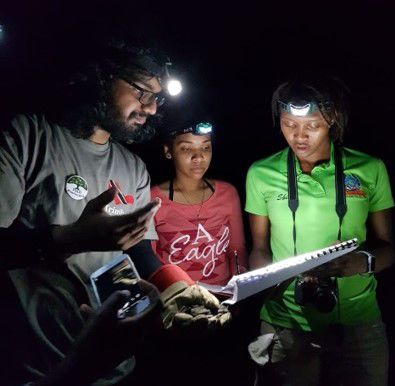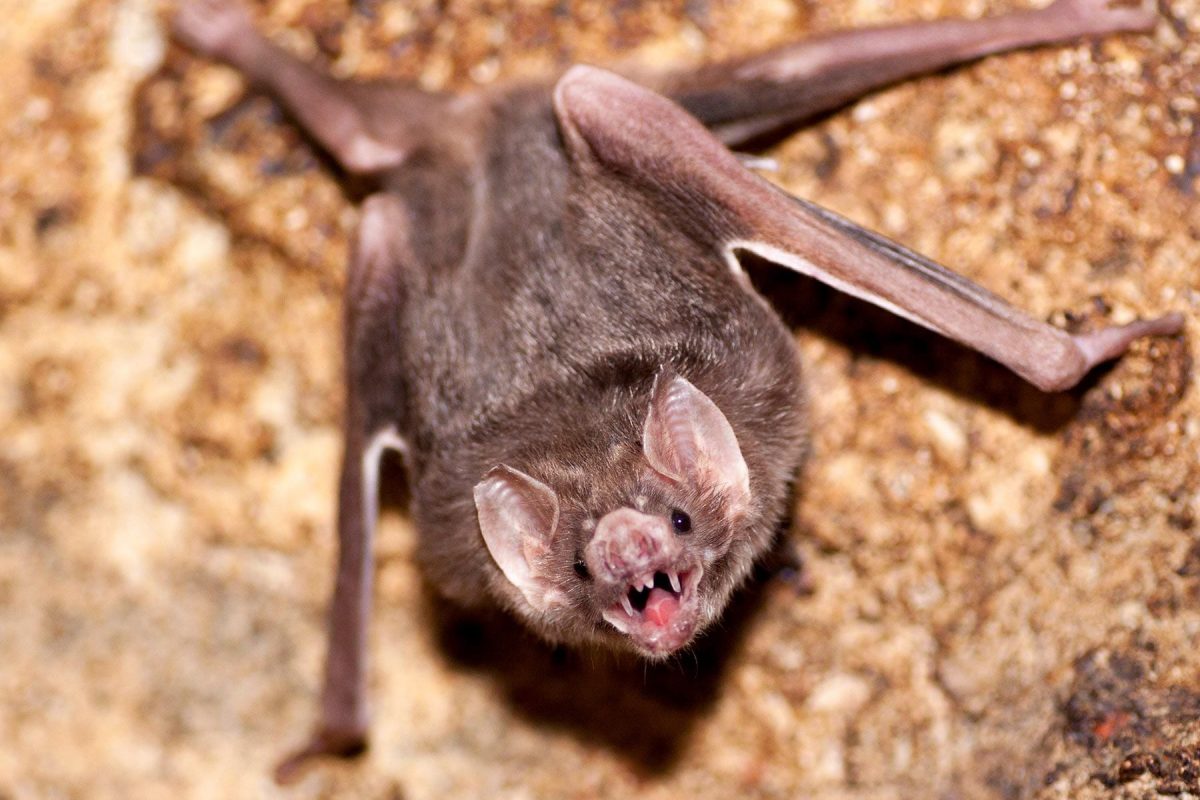PhD Zoology candidate at The University of the West Indies, Nicholas Mohammed, is calling on the public to report sightings of the vampire bat (Desmodus rotundus) on farms in Trinidad and Tobago.
In a social media post on Wednesday, he invited requests from farmers who wanted this species of bat removed from their premises.
“Do you have a farm with livestock or know someone that does? Are the animals at the farm being bitten at night by vampire bats? Would you like someone to visit said farm to trap them at no cost to you?” he wrote.

Mohammed told the Express that vampire bats are causing massive losses to livestock farmers throughout Trinidad and Tobago. In his visits to 15 farms dispersed throughout Trinidad in 2016, he observed several animal deaths and injuries as a result of bites from the vampire bat.
“Every single farm I visited was affected by the bats. Most of them suffered injury due to infection. Thankfully some animals were immunized against rabies. However because the bites can leave an animal with an open wound that bleeds for about an hour they are highly susceptible to infection.”
“There was one farm I visited where the farmer was burying his prize cow that was worth a lot of money due to the bites from the vampire bat. In Toco, there was a massive goat farm where every single animal was lost as a result of this. It continues to pose major economic damage.” he said.
He also noted a difference in bats that occupy farms in South Western Trinidad.
“I noticed that the bats in this area were not afraid of humans. In other farms the bats would try to avoid flying close to humans but in one particular farm I remember bats flying very close to my face and close to the farmer himself.”
According to Mohammed, the lack of public awareness on the species poses a threat to Trinidadians as in the past, vampire bats have played a large role in the rabies outbreaks of 1930 and 1997.
“During these aforementioned periods, due to a lack of public awareness, low numbers of vaccinated animals and high numbers of human-bat and animal-bat interactions, hundreds of animals and dozens of persons fell victim to the bat-borne rabies virus.” he said.
As a result, he says that the need for new literature on vampire bats is urgent.
“There has been no research of vampire bats in the Caribbean thus far, none specifically to Trinidad and Tobago. We have no accurate flight ranges or population estimates and this poses a risk of repeating the past. To better understand the bats is to better understand they risk associated with them.” he said.
His study of the bats captured for research involves catching, carding and release. Once examined, GPS trackers will be attached and the animal will be released.
Those who wish to contact him to relay sightings of the vampire bat, can do so via his Facebook profile or call 723-6693.






